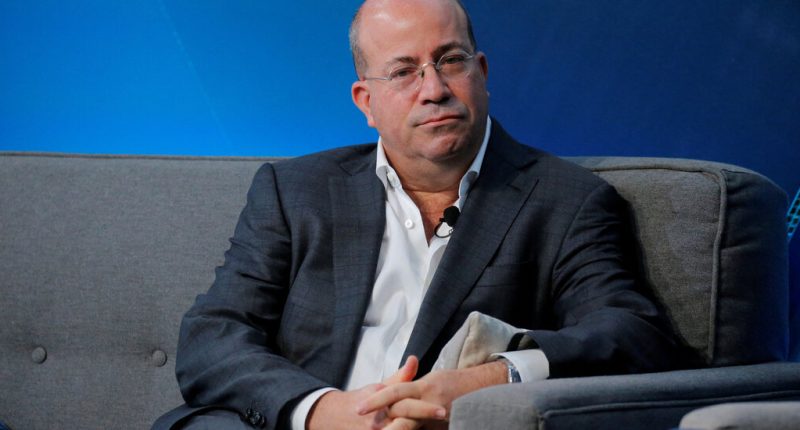
An audacious effort by the American media executive Jeff Zucker and his Emirati backers to acquire London’s Daily Telegraph appeared to be on life support on Wednesday after the British government advanced legislation that would bar foreign state ownership of newspapers and newsmagazines.
The move by Prime Minister Rishi Sunak would torpedo Mr. Zucker’s bid in its current form, which relies heavily on financing from investment partners in the United Arab Emirates. The use of Emirati funds caused an uproar in Westminster over foreign influence in the British media, given the outsize importance of The Telegraph and its sister publication, The Spectator, to Mr. Sunak’s Conservative Party.
Mr. Zucker’s media venture company, RedBird IMI, can now try to salvage its bid for the publications by finding new investors and diluting the Emiratis’ majority stake to a level allowed under the government’s proposed rules.
“We are extremely disappointed by today’s development,” a RedBird IMI spokeswoman said. “To date, RedBird IMI has made six investments across the U.K. and U.S., and we believed the U.K.’s media environment was worthy of further investment.” The company added that it “will now evaluate our next steps.”
The attempt by Mr. Zucker, a former president of CNN, to reinvent himself as an unlikely news mogul in Britain shocked many of the country’s leading media players, including Rupert Murdoch, who had considered acquiring The Telegraph for themselves after the paper went up for auction last year.
Prominent Tories, including the broadcaster Andrew Neil and Fraser Nelson, editor of The Spectator, pounced on Mr. Zucker’s reliance on Emirati funds, turning the transaction into a political flashpoint over foreign influence on British institutions and galvanizing opposition from Conservative Party lawmakers.
Source: | This article originally belongs to Nytimes.com









